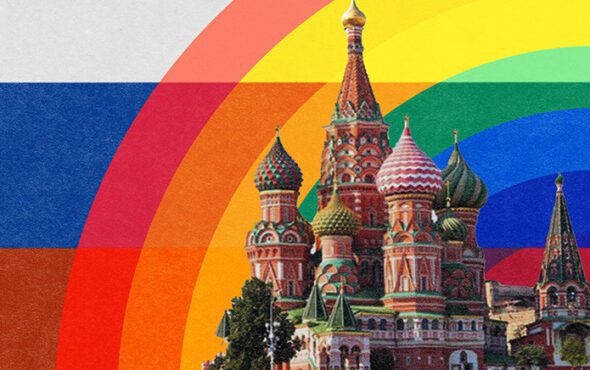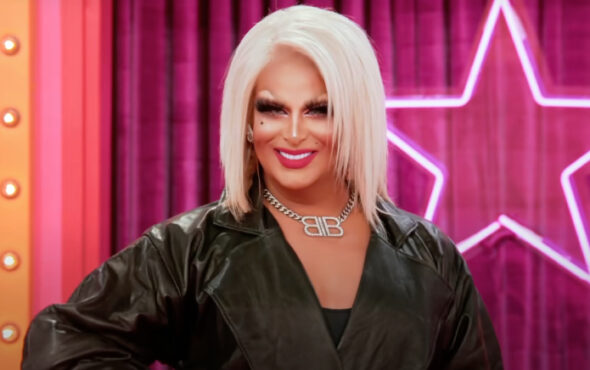
Sphere, a human rights organisation fighting for LGBTQ+ rights in Russia, was formally dissolved by one of the country’s courts.
The decision was issued by judge Tatiana Kuzovkina at the Kuibyshev District Court of St. Petersburg on 21 April.
In court, a representative from the Russian Ministry of Justice argued that Sphere “carried out political activities using foreign property, which does not correspond to the statutory goals”.
It was also claimed that the charity was not working towards goals specified by federal law and was instead attempting to change legislation – including the Russian Constitution.
These “illegal activities” had to be stopped by liquidating Sphere, the court heard.
Vitaly Isakov, a lawyer from the Institute of Law and Public Policy, spoke on behalf of the charity and emphasised that closing it down would leave a number of vulnerable people without a platform or protection.
Judge Kuzovkina sided with the Ministry of Justice, a press release from Sphere stated.
“The decision to liquidate the fund, especially on these grounds, is absolutely unreasonable and inconsistent with the norms of the law,” said the charity in an official statement.
“We consider it politically and ideologically motivated, separately noting the state’s desire to destroy the majority of civil and human rights organisations in the country.”
Sphere stated that the move follows a claim for liquidation being filed on 4 February 2022, followed by another on 9 March with Judge Kuzovkina, after an unscheduled inspection.
The charity has helped Russia’s LGBTQ+ community for more than a decade by providing those in need with legal and psychological assistance, as well as emergency assistance in the event of a crisis.
“We cannot leave the community without protection and support at such a difficult time,” its statement continued. “Our team has always seen it as its duty to help the community and unite it based on the principles of human rights and humanitarianism.”
In September 2021, Russia proposed that LGBTQ+, radical feminists and child-free groups should be recognised as “extremism”.
The ban, which was proposed by the chairman of an influential government commission, would see content from the aforementioned groups banned on social media and the internet more generally.
“LGBT ideology, radical feminism and child-free movements should be recognized as extremism — an extremist ideology,” Andrei Tsyganov, chairman of a commission for the protection of children at the Roskomnadzor communications regulator, said on 29 September.
Moscow Times reported that he claimed the proposed restrictions would protect Russian children from what he believes to be destructive content.
Tsyganov’s suggestion arrives on the same day that Russia’s Justice Ministry labelled the Ivanovo Center, a non-profit for research and education, for Gender Studies with a “foreign agent” label.
Progressive and liberal movements in the country have faced widespread crackdowns and restrictions throughout the last 10 years, which President Vladimir Putin’s conservative government is hoping will keep the population focused on traditional values.
Solidarity with those arrested fighting for equality in Russia. Please consider supporting the work of @rulgbtnet 🌈 More info: https://t.co/UScuvNA980 https://t.co/FninxZTZah
— Stonewall (@stonewalluk) July 20, 2020



